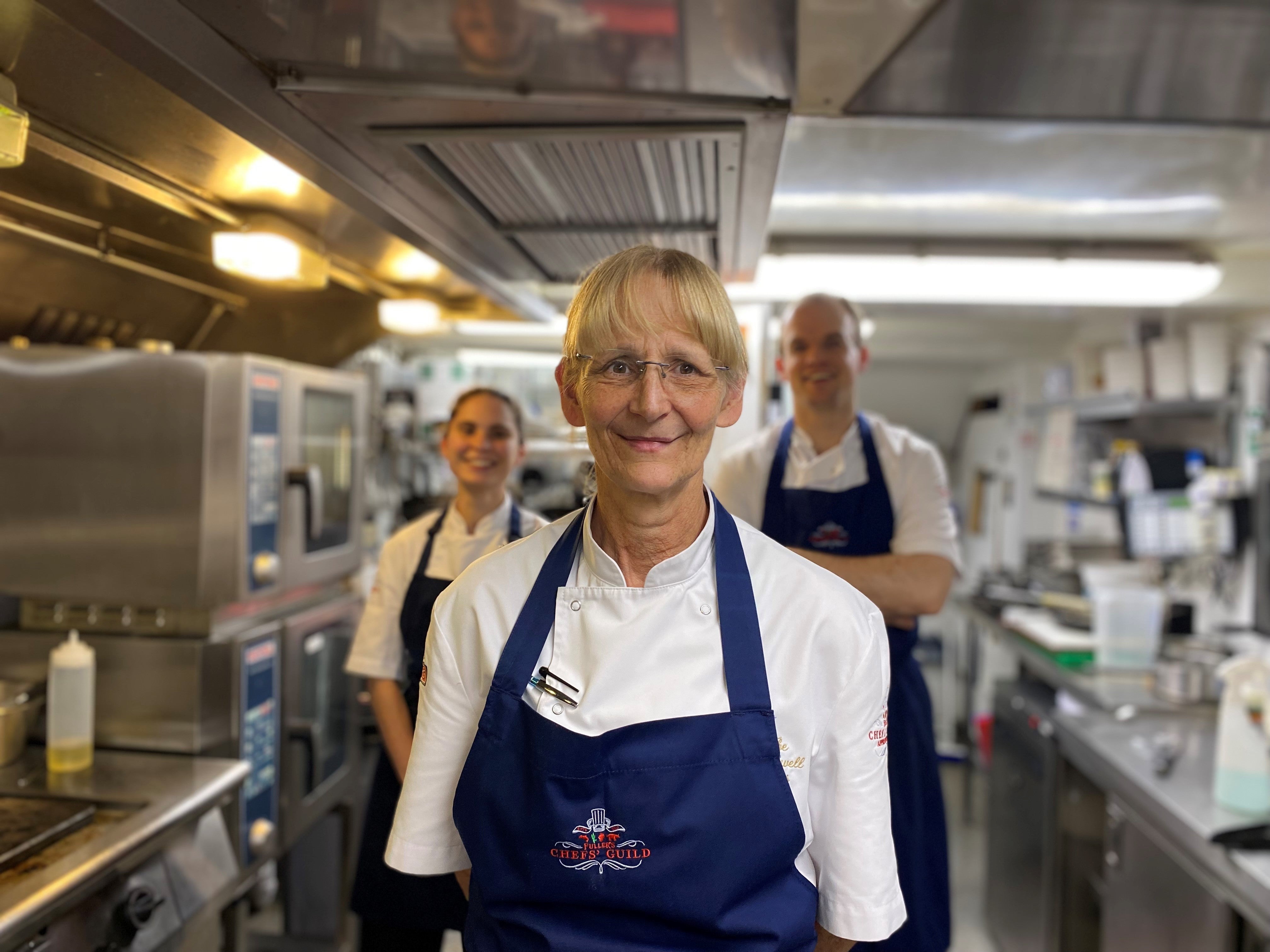Firms are hiring older staff – but that can’t fill the Brexit gap
Politicians have urged businesses to train up more domestic workers but Fuller’s says, even with its best efforts, it won’t plug holes in the labour market. Perhaps it’s time to listen, says James Moore


Time to raise a glass to Fuller Smith & Turner? The pub operator is in recovery mode, having posted a 33 per cent rise in full-year revenues and a healthy jump in profits to boot.
What’s in the glass? A pint of bitter probably. Fuller’s has this year increased drinks prices by 6.8 per cent and food prices by 8 per cent. But given the headline rates of inflation we’ve been seeing, it could have been worse. Take note of the reported squeeze in profit margins the group reported too. Not much sign of the “greedflation” that worries the Bank of England pumping up prices at this business.
Part of what has crimped its margins is that the group is paying higher wages – but despite this, it still struggles to find people. On this, Fuller’s is an example of a much wider issue that is afflicting the entire hospitality sector, which already has problems enough.
Having taken the worst of the pandemic on the chin, it faces a tough outlook with a developing mortgage crisis threatening to take £12bn of discretionary spending power out of consumers’ pockets.
As The Independent recently revealed, the number of hospitality venues that have closed down rose sixfold in just a year. The net closure of almost 4,600 pubs, clubs, hotels and restaurants in the year to March 2023 laid bare the devastating impact of Brexit, alongside the cost-of-living and energy crisis.
But far from providing help, Britain’s politicians have taken to wagging their fingers at businesses, telling them to train up British workers to deal with labour issues.
Fuller’s has been doing that. Admirably, the group has sought to alleviate staff shortages at its nearly 400 outlets by hiring more older workers. It has even managed to find apprentice chefs in their 50s.
But shortages in the labour market created by Brexit are severe. Staff shortages act as a drag on the economy. Fuller’s chief executive, Simon Emeny, needs to be able to import workers to fill the gaps. However, bar and restaurant staff are not on the shortage occupation list that allows employers to bring in overseas workers below the “skilled worker” visa threshold.
That list has been a bone of some contention within Labour (which would probably tell firms to “offer more pay” instead). But as we’ve seen, wages have increased and there is a balance to be struck between costs, profits and prices. Push too hard on the latter, when disposable incomes are facing an unprecedented squeeze, and you lose your custom; fail to make any profit, and you don’t have any sort of buisness.
Fuller’s is far from alone here. A compromise needs to be found that allows firms to bring in more workers, though not to the extent that recruitment from “non-traditional” groups slows up. It ought to be possible to strike a balance.



Join our commenting forum
Join thought-provoking conversations, follow other Independent readers and see their replies
Comments